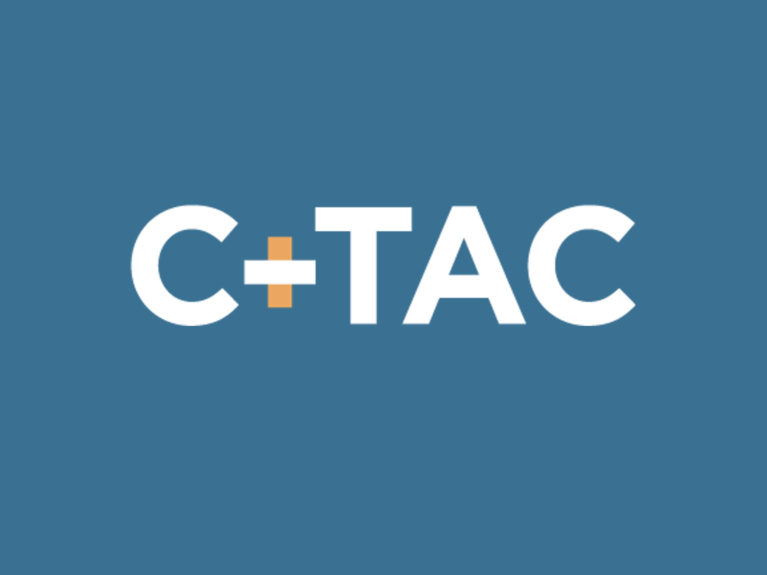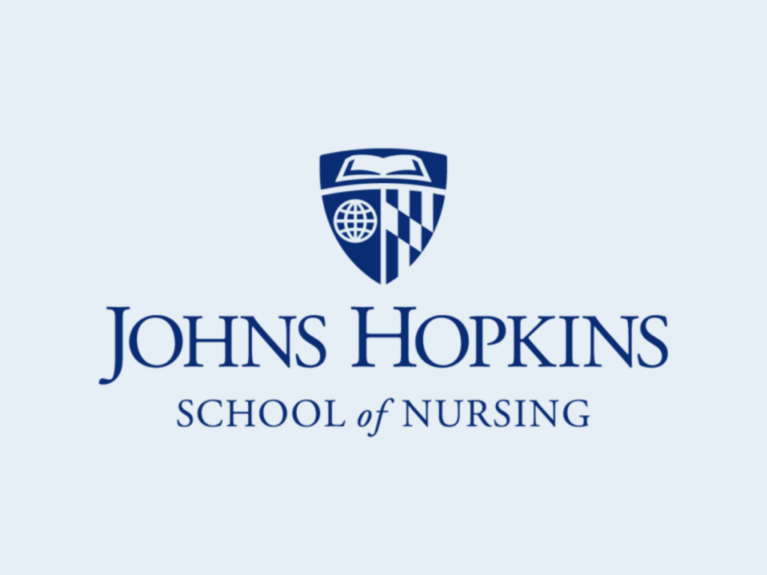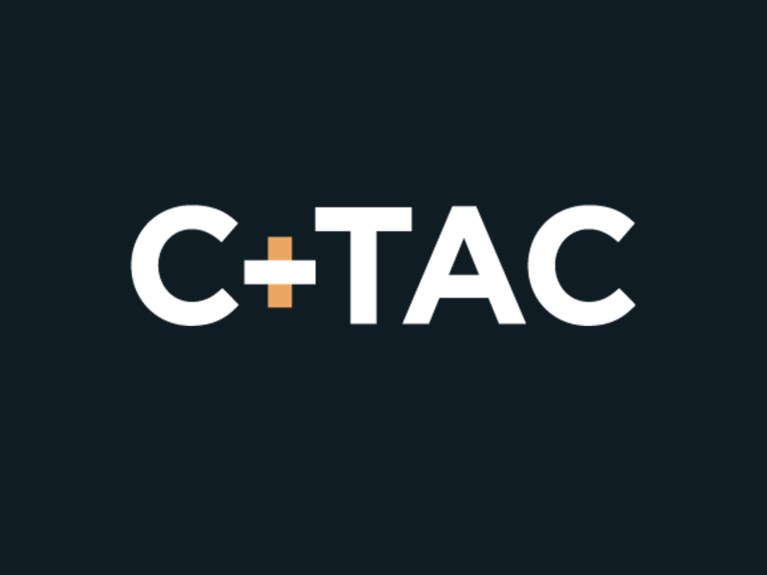
The President’s Fiscal Year 2023 Budget included $456 million for the Money Follows the Program increasing from $191 million for this “demonstration” started in 2005.

In recognition of National Public Health Week, C-TAC is spotlighting an innovative public-health approach to improving end-of-life care, the Compassionate Communities (CC) model.

On March 28, 2022, the Biden-Harris Administration’s Budget of the U.S. Government Fiscal Year 2023 was released and sent to Congress for consideration.

To build a continuum of care for people with serious illness, state health policymakers can support palliative care within Medicaid programs.

This webinar, generously funded by The John A. Hartford Foundation, features initiatives in the state of Washington that support patient engagement, as well as new tools from NCQA that can help states better track and measure what matters most to people with serious illness.

This toolkit was designed to be a simple and accessible way to learn about one of the least understood and most challenging aspects of complex care: making the mission and margin align.

When health and health care policies and programs designed to improve outcomes are not driven by community interests, concerns, assets, and needs, these efforts remain disconnected from the people they intend to serve.

In early 2022, the leadership of the Centers for Medicare and Medicaid Services (CMS) issued a new vision for the CMS Innovation Center, the part of CMS devoted to testing innovative health payment and delivery models, drawing on 10 years of experience.

CAPABLE is a person-directed, home-based program that addresses both function and healthcare expenses.

The Mission of Partners in Care Foundation (Partners) is to align social care and health care to address the social determinants of health and equity disparities affecting diverse, under-served and vulnerable populations.

The 2021 C-TAC Summit featured panels of dynamic speakers, covering a host of topics including advance care planning, health equity, and Medicaid innovation. Here is a recap of what was discussed.
